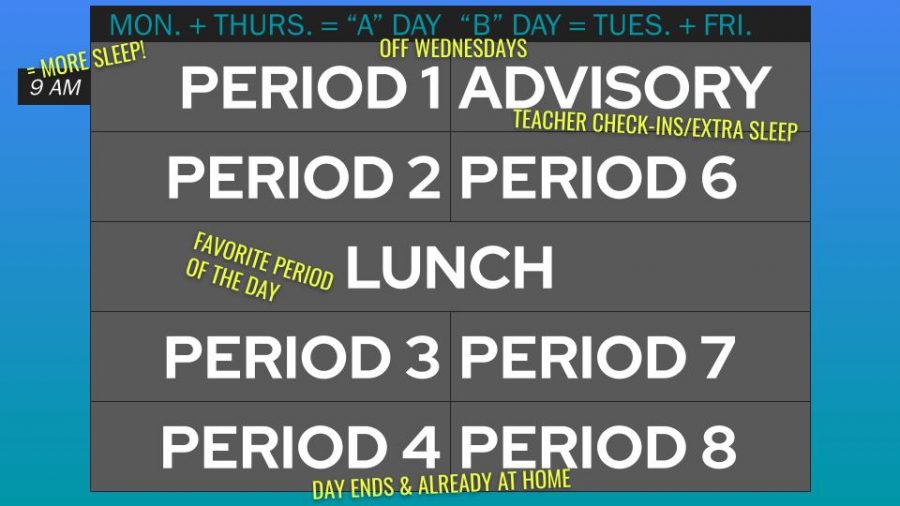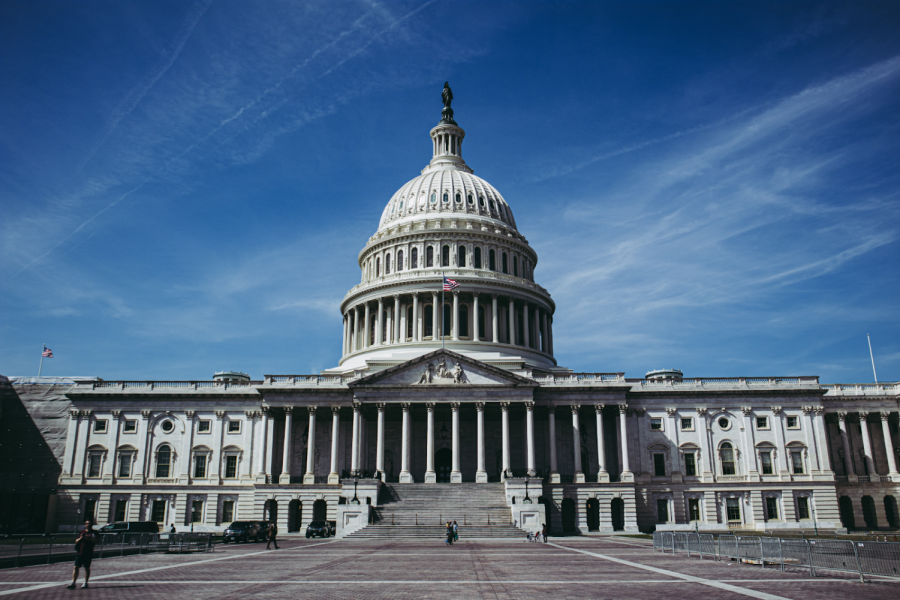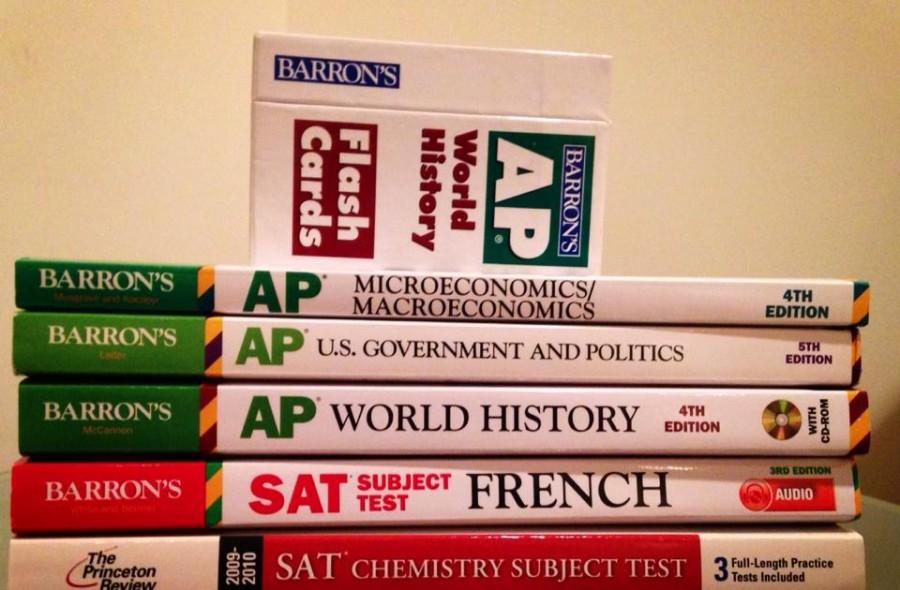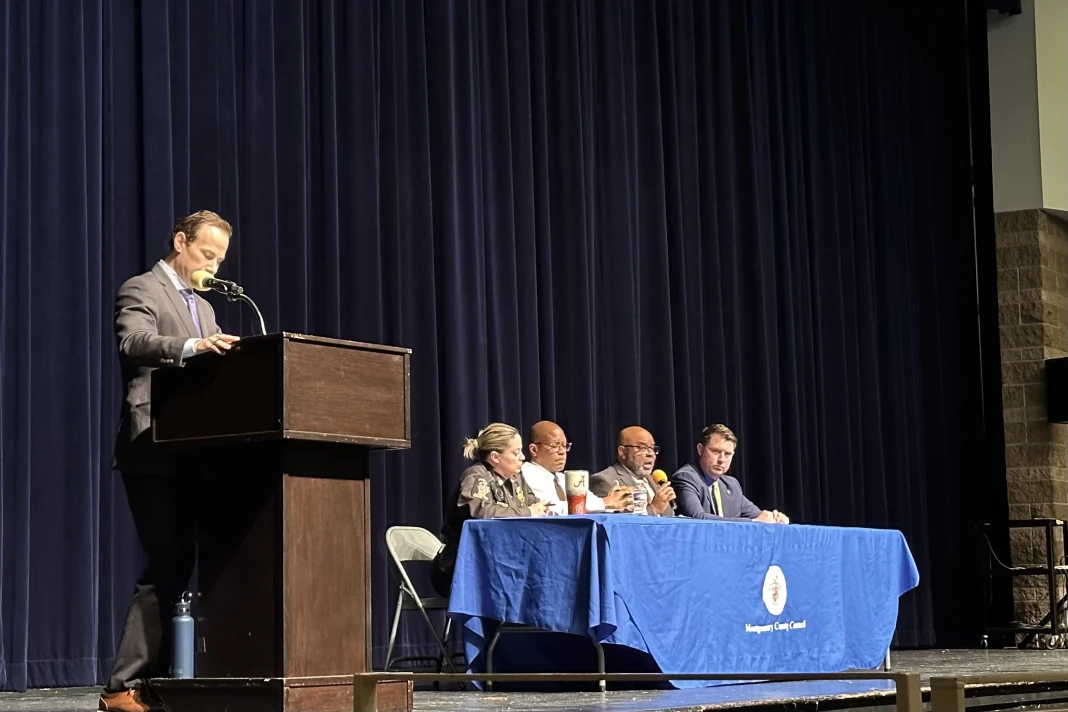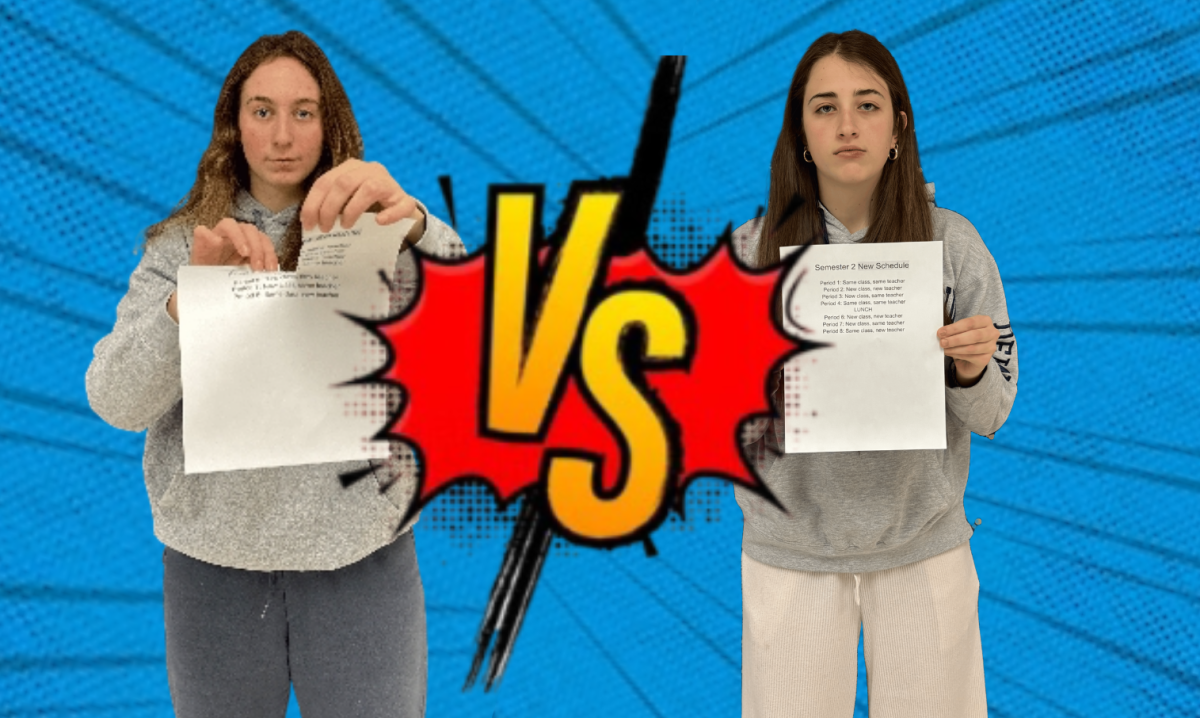For its latest effort in a relentless campaign against smoking, New York City began hearings May 2 on a proposal to raise the city’s legal sale age of tobacco products from 18 to 21 years old.
NYC Mayor Michael Bloomberg and Health Commissioner Dr. Thomas Farley, along with City Council speaker Christine Quinn, plan to prevent smoking at its roots by making cigarettes harder to obtain for young adults. With a population of over 8 million, NYC is taking the lead to curb underage smoking. If one city can do that, then Maryland can too.
According to an April 22 New York Times article, Quinn said that the new legislation will target young adults and teenagers, the age group at which the majority of smokers start.
In Maryland, the minimum legal sale age of tobacco products is 18. The state has the authority to increase the legal age, and in a nation where nearly nine out of 10 smokers start by age 18, according to the U.S. Department of Health & Human services, increasing the legal age is the first step to raising a healthier generation.
According to American Lung Association’s State of Tobacco Control, a website dedicated to tobacco facts and statistics, 12.5 percent of all Maryland high school students smoke and 3.5 percent of Maryland middle school students smoke. If even kids as young as 11 years old are smoking, it is a clear sign that something must be done, and the government needs to step up.
Raising the legal sale age of tobacco products may also prove beneficial to teenagers’ health, since most teens’ bodies have not fully matured by the time they start smoking, resulting in cardiovascular damage, a reduction in lung function and even a permanent halt in lung growth, according to the U.S. Department of Health & Human Services. Not only will smoking damage their bodies prematurely, but nicotine addiction is more severe in youths and causes tobacco dependency to grow over time.
According to MCPS psychologist Judith Amick, early smoking habits could have more of an impact on young adults because the brain is not fully matured until age 25. Smoking has the potential to destroy brain cells permanently, the effects of which last even after quitting.
Smoking is a huge part of entertainment and culture. Teens are often pressured by their peers to smoke and by what they see in movies, which often sensationalizes smoking through iconic figures like James Bond or Johnny Depp.
According to Amick, young adults start smoking either because they think it is “cool” or because they figure it is harmless since some family members might also smoke.
In addition, for many students, getting their hands on a box of cigarettes is not hard; they only have to ask friends or siblings who are at least 18 years old or dealers loitering on street corners to obtain cigarettes. It is not easy to change teenage mindsets, but the government can cut down on access. If by increasing the minimum legal age it will make it harder for young adults to have access to tobacco products, then it is certainly a step in the right direction and will discourage them from smoking simply because there is too much effort involved to obtain it.
According to an April 22 New York Times article, a 2010 British study showed that smoking rates among 16 to 17 year olds dropped 30 percent when the legal age was raised from 16 to 18.
Although at 18, young adults have the right to vote, drive, and fight in the army, these are all moral responsibilities and privileges as a citizen of the U.S. and all come with a certain respect. Smoking however, merits no honor and is a social toxin, and underage smoking destroys a future generation of brains.
The Maryland state government should take a hint from New York City and crack down on smoking regulations. As one of the states bordering Washington D.C. and possibly the source of most government jobs, there is no time for Maryland to stall and produce the next generation of inefficient, nicotine-addicted employees and citizens.


